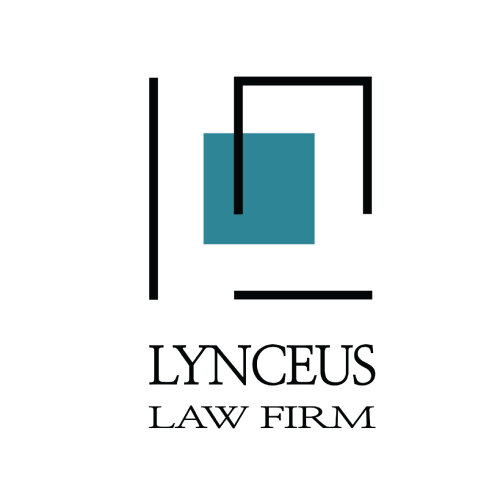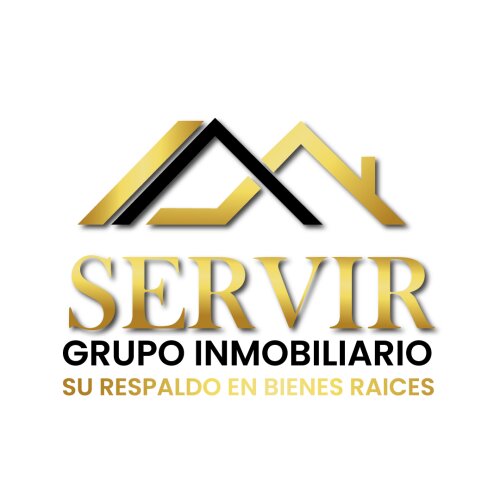Best Commercial Real Estate Lawyers in Colombia
Share your needs with us, get contacted by law firms.
Free. Takes 2 min.
Free Guide to Hiring a Real Estate Lawyer
Or refine your search by selecting a city:
List of the best lawyers in Colombia
About Commercial Real Estate Law in Colombia
Commercial real estate law in Colombia governs the sale, purchase, leasing, and management of properties intended for commercial use, including office spaces, retail premises, industrial properties, and more. Colombia's real estate market has been growing consistently, driven by a combination of urban expansion, foreign investment, and economic development. Given this complex landscape, understanding the legal framework governing commercial real estate is essential for both investors and tenants. The legal processes in Colombia are influenced by national and local regulations, which can vary significantly between different regions and cities.
Why You May Need a Lawyer
Engaging a lawyer in the field of commercial real estate in Colombia can be invaluable for several reasons. Here are some common situations where legal assistance may be necessary:
- Negotiating and drafting lease agreements to ensure favorable terms and compliance with local laws.
- Due diligence processes when buying or investing in commercial properties to identify possible legal and financial pitfalls.
- Dealing with zoning laws and obtaining the necessary permits for property use or construction projects.
- Resolving disputes related to property boundaries, landlord-tenant conflicts, or contract breaches.
- Navigating tax implications associated with commercial real estate transactions.
Local Laws Overview
Some key aspects of local laws relevant to commercial real estate in Colombia include:
- Public Deeds and Registration: Property transactions must be formalized through public deeds and registered with the national registry to be legally recognized.
- Zoning Regulations: Properties must comply with zoning laws, which dictate the permissible uses of land based on local development plans.
- Environmental Regulations: Commercial projects often require environmental assessments and compliance with specific ecological guidelines.
- Tax Regulations: Understanding the taxes related to property transfer, ownership, and income from rental activities is crucial for financial planning.
- Investment Incentives: The government offers incentives for foreign investments, particularly in underdeveloped areas and special economic zones.
Frequently Asked Questions
What is the process for buying commercial real estate in Colombia?
Buying commercial real estate involves negotiating terms, conducting due diligence, drawing up a purchase agreement, finalizing deeds with a notary, and registering the property with the Public Instruments Registry.
Are there restrictions on foreign ownership of commercial property in Colombia?
Foreign investors can generally buy commercial property in Colombia. However, there are regulations for purchases in border areas and coastal regions that may apply.
What taxes are involved in commercial real estate transactions?
Taxes can include capital gains tax, property transfer tax, VAT on new constructions, and annual property taxes. The exact liabilities depend on the transaction's nature and property location.
What due diligence should be conducted before buying commercial property?
Due diligence typically involves checking the property's legal title, existing liens or mortgages, zoning compliance, environmental impact assessments, and surveying for structural integrity.
How are real estate agents regulated in Colombia?
While real estate agents are not heavily regulated, they often belong to professional bodies that ensure certain standards. Engaging licensed and reputable agents is advisable.
What should a commercial lease agreement contain?
Key elements include identification of parties, description of the leased property, duration, rental terms, security deposits, use restrictions, maintenance responsibilities, and termination conditions.
Who is responsible for property repairs in a commercial lease?
The responsibility for repairs depends on the lease terms. Typically, structural repairs fall on the landlord, while tenants may handle minor repairs and maintenance.
What is zoning, and how does it affect commercial real estate?
Zoning defines the permissible uses of a property, affecting what businesses can operate in a space, potential expansions, and necessary permits for any changes.
How can disputes in commercial real estate be resolved?
Disputes can be settled through negotiation, mediation, arbitration, or litigation, depending on the agreement terms and dispute nature.
What role do notaries play in commercial real estate transactions?
Notaries in Colombia authenticate and formalize legal documents, including property sales. They ensure compliance with legal standards and aid in registering transactions correctly.
Additional Resources
Here are some resources that can assist in navigating Colombia's commercial real estate landscape:
- Colombian Chamber of Commerce: Provides legal and business support services.
- Superintendence of Notaries and Registry: Manages public registry details and provides information on legal formalities.
- Ministry of Housing, City, and Territory: Offers information on housing policies, land uses, and development plans.
- Local real estate associations, like Fedelonjas, that represent property professionals and promote industry standards.
Next Steps
If you require legal assistance in commercial real estate, consider these steps:
- Identify experienced legal professionals and real estate specialists with a solid understanding of Colombian law and local market conditions.
- Prepare all necessary documentation, including identification, property details, and transaction records.
- Schedule consultations to discuss your needs, and ensure you understand the advice provided and the potential implications of your real estate decisions.
- Follow through with legal processes in a timely and informed manner, keeping abreast of any regulatory changes that may affect your investments.
Lawzana helps you find the best lawyers and law firms in Colombia through a curated and pre-screened list of qualified legal professionals. Our platform offers rankings and detailed profiles of attorneys and law firms, allowing you to compare based on practice areas, including Commercial Real Estate, experience, and client feedback.
Each profile includes a description of the firm's areas of practice, client reviews, team members and partners, year of establishment, spoken languages, office locations, contact information, social media presence, and any published articles or resources. Most firms on our platform speak English and are experienced in both local and international legal matters.
Get a quote from top-rated law firms in Colombia — quickly, securely, and without unnecessary hassle.
Disclaimer:
The information provided on this page is for general informational purposes only and does not constitute legal advice. While we strive to ensure the accuracy and relevance of the content, legal information may change over time, and interpretations of the law can vary. You should always consult with a qualified legal professional for advice specific to your situation.
We disclaim all liability for actions taken or not taken based on the content of this page. If you believe any information is incorrect or outdated, please contact us, and we will review and update it where appropriate.
Browse commercial real estate law firms by city in Colombia
Refine your search by selecting a city.
















